These famous phrases once defined TV, but today they’d spark outrage.

You might want to sit down for this one—your favorite TV catchphrases from the ’70s are officially on the naughty list. Decades ago, these quippy lines brought the house down with laughter and became iconic staples of television history. But in today’s world, things have changed. With evolving cultural sensitivities, sharper awareness of bias and representation, and a zero-tolerance approach to stereotyping or verbal jabs, these lines wouldn’t just flop—they might ignite full-blown online outrage.
These catchphrases are now relics of a time when humor was less filtered, and audiences weren’t as tuned into the impact of words. Looking back, some lines feel downright uncomfortable, even if they once came from a place of harmless fun. Others carry the weight of outdated roles, implied mockery, or subtle putdowns that would never fly in a writer’s room today. From cringe to classic, here are 14 vintage TV phrases that made history—but probably wouldn’t make it to air now.
1. “Kiss my grits!” Would Probably Get You Fired Today
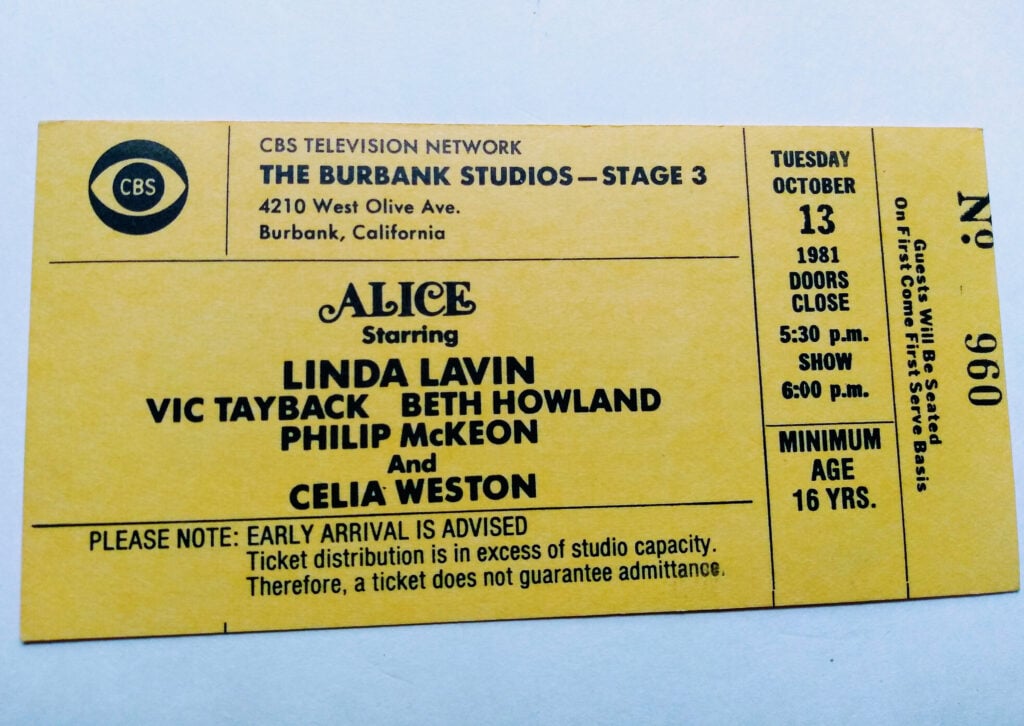
When Flo from Alice flung this sassy Southern zinger, viewers erupted in laughter, and it quickly embedded itself in pop culture. But imagine hearing that at work today—especially if directed at a boss or customer. “Kiss my grits!” may have been Flo’s endearing way of saying “buzz off,” but today’s workplace standards prioritize respectful communication. The line would easily be seen as insubordination or inappropriate language, especially in professional settings, where tone matters as much as words.
Beyond just its boldness, the phrase hinges on a regionalism that might confuse modern audiences unfamiliar with Southern vernacular. While “grits” made the phrase funny in its time, the modern ear hears a defiant insult rather than a charming retort. The fiery spirit Flo embodied might still be admired, but how she delivered it? That would likely get clipped in today’s HR training modules—as reported at Smithsonian Magazine.
2. “Meathead!” Isn’t Exactly Politically Correct
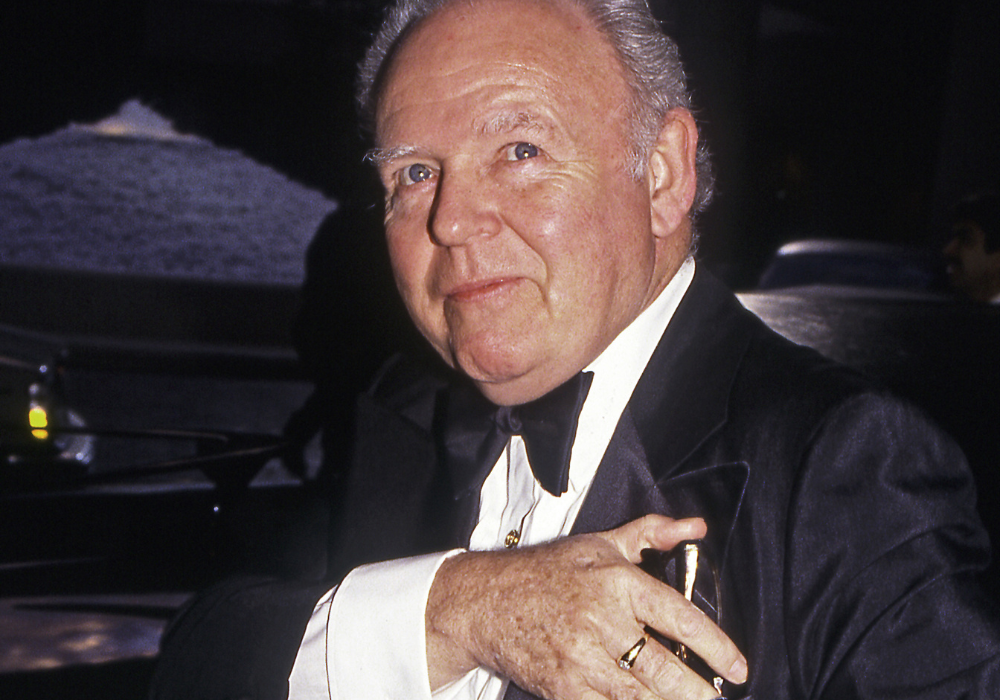
Archie Bunker’s go-to jab for his liberal son-in-law in All in the Family was “Meathead”—a blunt insult delivered with casual cruelty. While the character of Archie was deliberately written to spotlight generational and political divides, the repeated use of such a demeaning nickname might raise red flags today. What once passed as gritty realism now sounds a lot like verbal bullying. Viewers in the ‘70s may have laughed, but current audiences would likely cringe, especially given how personal the insult was meant to be.
Modern media emphasizes character growth, respect in family relationships, and reducing harmful language on screen. Insults like “Meathead” would be called out for their contribution to normalizing derogatory speech—even when used in satire. Archie’s gruff persona was once emblematic of the blue-collar dad, but today, it might read as needlessly hostile, lacking nuance or empathy—as stated at History.com.
3. “What’chu talkin’ ’bout, Willis?” Would Get Side-Eyes for Mockery
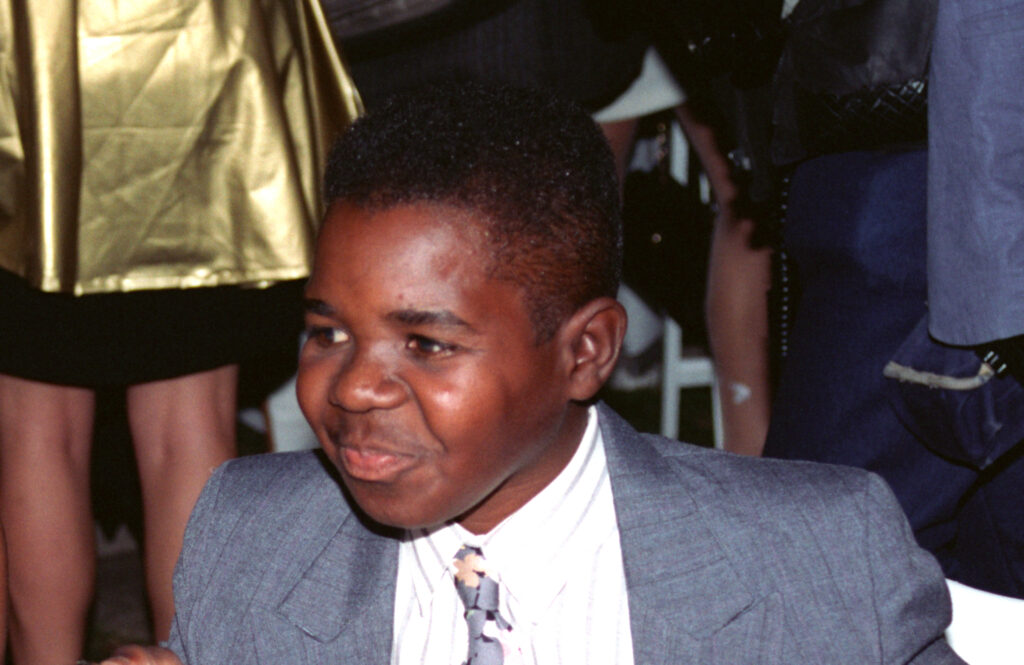
Gary Coleman’s delivery of this now-famous line in Diff’rent Strokes was legendary, earning laughs and admiration from fans across generations. But if a writer today pitched that same phrase, concerns would likely be raised about the mimicking of speech patterns or how it represents children of color. Though the line came from a character full of heart and mischief, critics today might argue that it borders on turning a young Black child’s vernacular into a punchline.
In an age where representation is scrutinized for authenticity and sensitivity, “What’chu talkin’ ’bout, Willis?” might not be received as endearing humor. Instead, it might be critiqued as performative or stereotypical, even if the intention was innocent. The line’s rhythm and grammar are part of what made it catchy—but also why it could now be viewed as problematic. Cultural impact aside, audiences today demand more mindful portrayals of childhood identity and speech—as mentioned at NPR.org.
4. “Dy-no-mite!” Could Explode for the Wrong Reasons

J.J. Evans from Good Times brought the house down every time he shouted “Dy-no-mite!” in his signature drawl. His vibrant energy and comedic timing made the phrase unforgettable, but it also walked a thin line between self-parody and empowerment. Critics today might see it as a caricature, reducing a Black character to exaggerated expressions for the sake of laughs. While J.J.’s personality was undeniably magnetic, some might argue his character lacked the depth modern audiences expect.
The phrase itself became a kind of brand, but branding often has unintended consequences. In a contemporary context, “Dy-no-mite!” could be seen as reinforcing stereotypes about exuberance, street-smarts, or slapstick behavior in Black sitcom characters. What was once iconic could now be dissected as problematic—a sign of how humor evolves and how audiences now demand more than just a punchline.
5. “Sit on it!” Would Likely Be Misunderstood
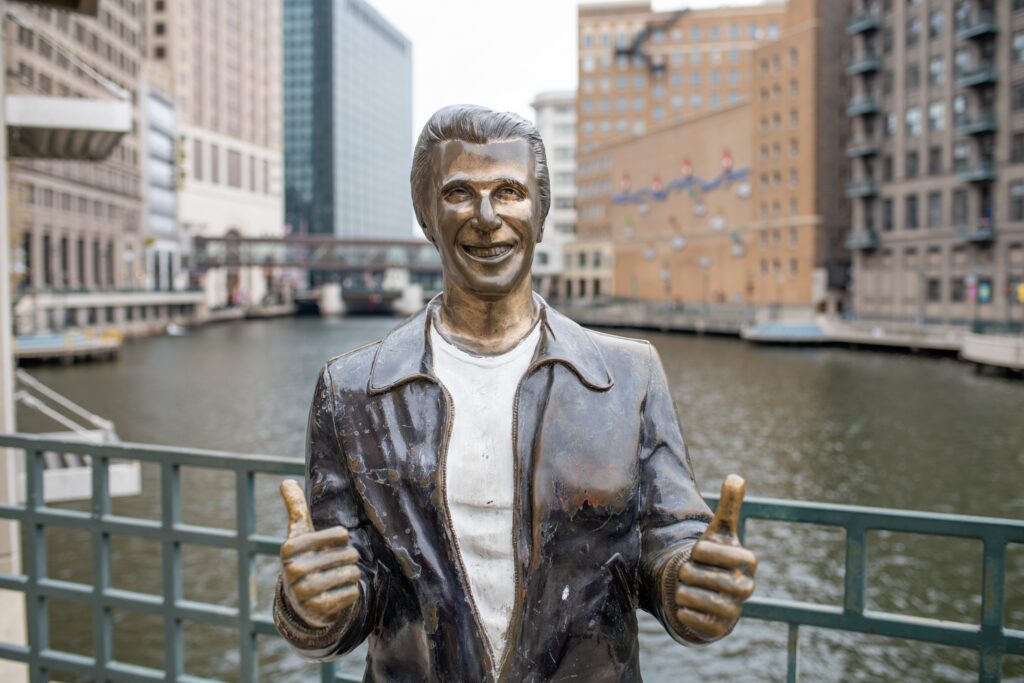
Fonzie’s cool catchphrase in Happy Days had bite without vulgarity—or so it seemed at the time. “Sit on it!” was a vague diss that implied dismissal but never spelled out its intention. Today, however, that same ambiguity could work against it. Depending on the listener, it might come across as passive-aggressive, or even vaguely suggestive. And let’s be real—HR departments don’t look kindly on even semi-hostile remarks in the workplace.
More than anything, the line is an artifact of a time when TV disses were designed to toe the line. Nowadays, humor tends to be either clearly wholesome or purposely edgy; “Sit on it!” floats awkwardly in the middle. The phrase’s once-edgy mystique now just feels like outdated slang that would probably require an awkward explanation—and likely still miss the mark with younger viewers.
6. “Up your nose with a rubber hose!” Isn’t Winning Any Respect
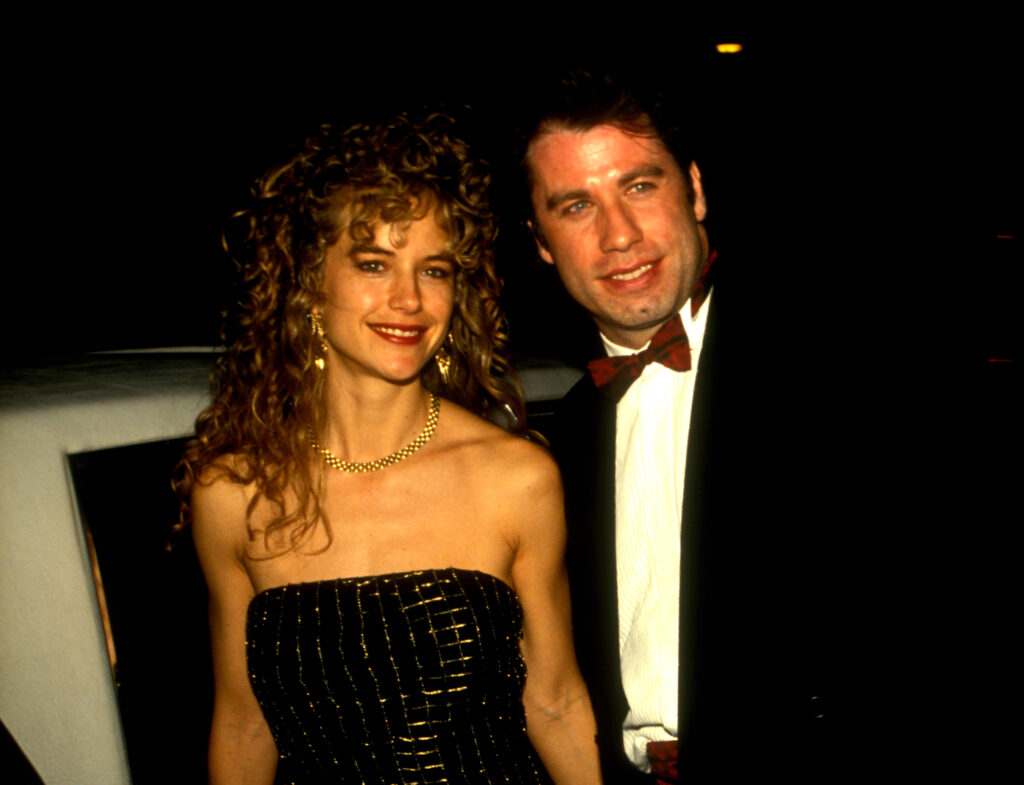
Vinnie Barbarino, played by a young John Travolta in Welcome Back, Kotter, delivered this bizarre insult like it was a mic drop. But imagine a student tossing that at a teacher today—heads would roll, and emails would fly. The phrase was goofy and relatively harmless, but that doesn’t mean it would be acceptable in the modern school environment. Zero-tolerance policies don’t really leave room for rubber-hose jokes.
Even outside of school, the line feels painfully juvenile today. It’s the kind of thing that makes you laugh at 12 but wince at 42. And let’s not forget the visual—it’s gross. What was once cheeky now borders on childish nonsense. Not every nostalgic line needs a reboot, and this one proves it. Best to let Vinnie keep this one in the ‘70s where it belongs.
7. “Sock it to me!” Might Raise Some Eyebrows
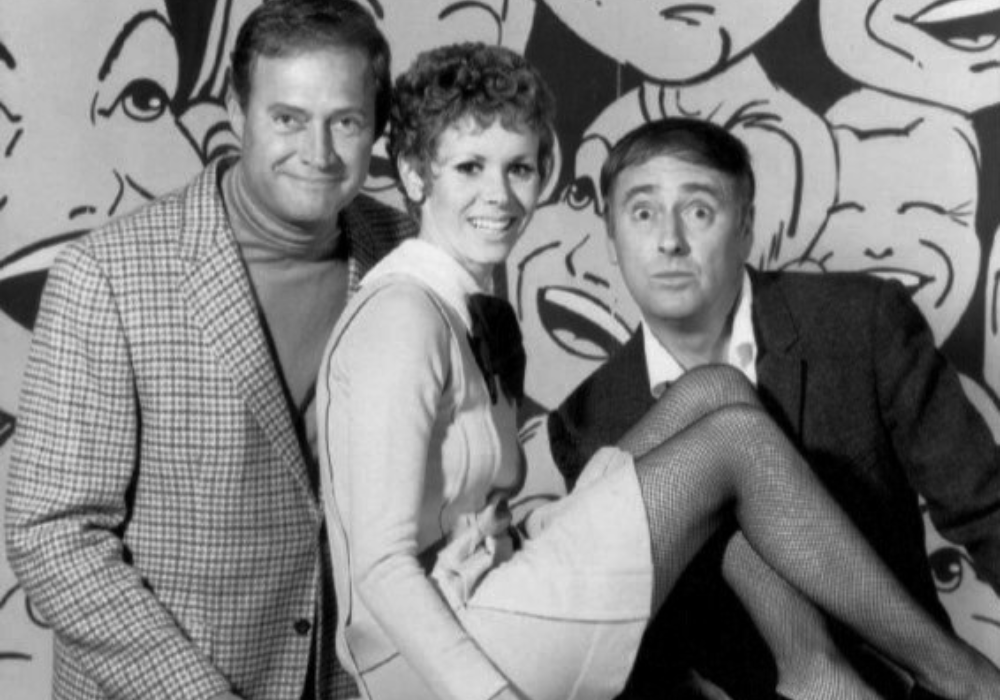
When performers on Laugh-In shouted “Sock it to me!”, it was playful, zany, and often accompanied by a slapstick joke. The phrase had energy, but it also had layers—some of which were suggestive, depending on delivery. That double meaning was part of its charm in the freewheeling late ‘60s and early ‘70s. But with today’s sharper lens on language and implications, the phrase’s open-endedness might invite the wrong kind of interpretation.
In a contemporary setting, “Sock it to me!” sounds almost like an invitation with undefined boundaries—something society has become hyper-aware of and careful about. Audiences today want clearer intentions and respectful phrasing, especially when jokes rely on bodily language or innuendo. What was once cheeky could now sound off-color, depending on the tone and setting. Better safe than socked.
8. “The devil made me do it!” Wouldn’t Fly with Religious Audiences
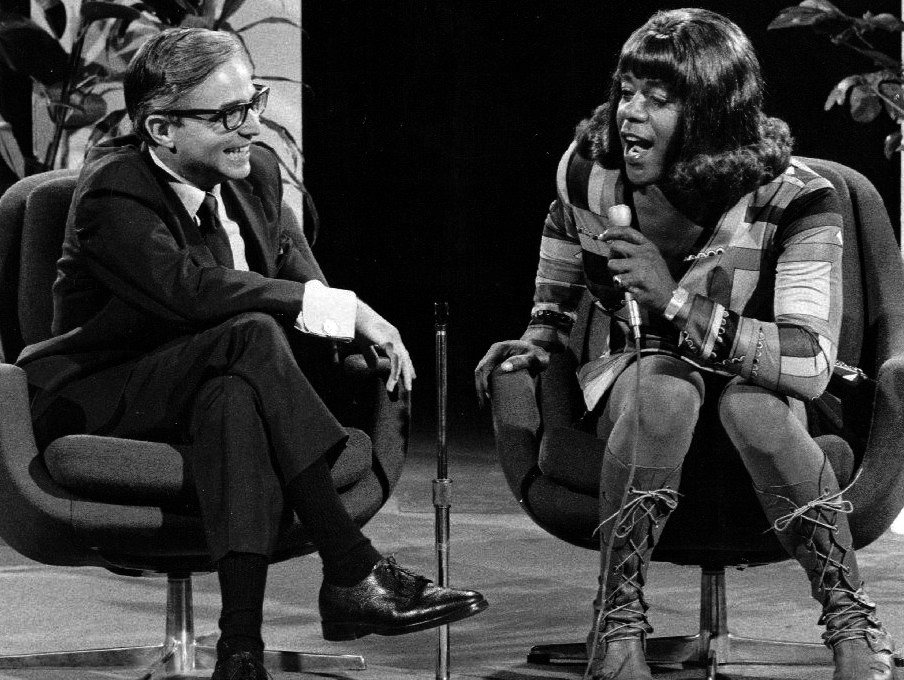
Flip Wilson’s Geraldine character gave the world “The devil made me do it!”—a hilarious deflection of blame that had people in stitches. But in an era where religion is both deeply personal and highly politicized, jokes involving the devil aren’t quite as universally funny. For some viewers, the line might seem like it’s mocking their faith, not playfully dodging accountability.
Modern shows tread carefully when it comes to spiritual references, especially those that could be perceived as irreverent. While Geraldine’s sass made the phrase iconic, its longevity is limited by changing tolerance for religious parody. What once felt harmlessly mischievous might now read as offensive or flippant, especially in more conservative circles.
9. “Cheeseburger, cheeseburger, cheeseburger!” Would Be Seen as Stereotyping
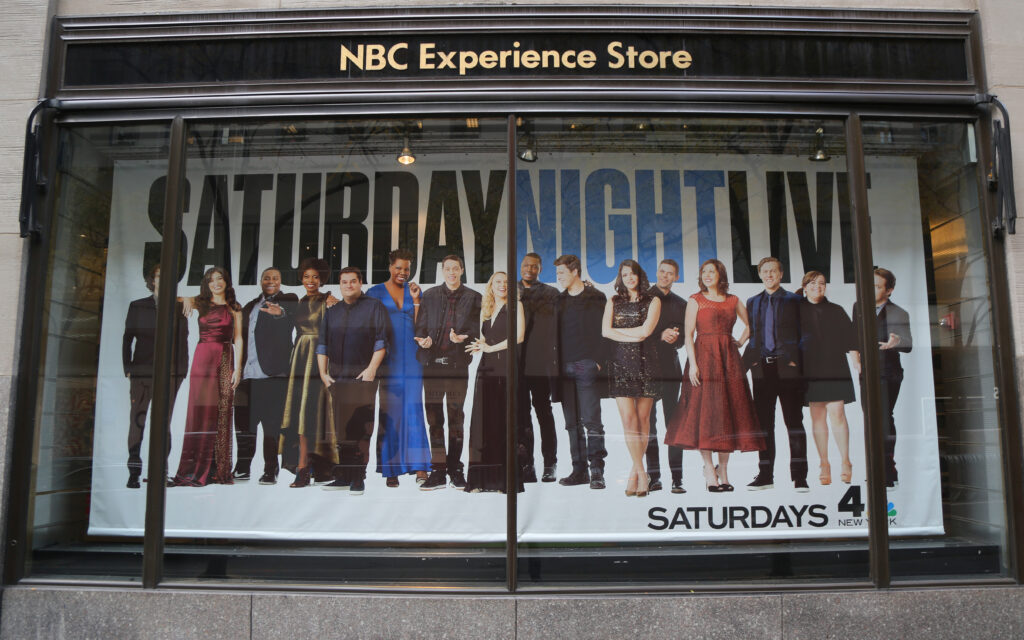
In Saturday Night Live’s Olympia Café sketch, this phrase became a rapid-fire chorus that delighted fans. But the exaggerated accents and immigrant diner tropes that accompanied it might not land well today. Cultural representation has become a serious matter in comedy, and what once read as affectionate parody might now be labeled as reductive stereotyping.
Though the sketch celebrated the chaotic charm of greasy spoon culture, its broad portrayal of ethnic characters would come under scrutiny in a modern setting. Audiences are more aware of how repetition and tone shape perceptions, even in comedy. These lines, though funny in their time, come with a different weight in today’s more cautious comedic landscape.
10. “You big dummy!” Isn’t Exactly Uplifting
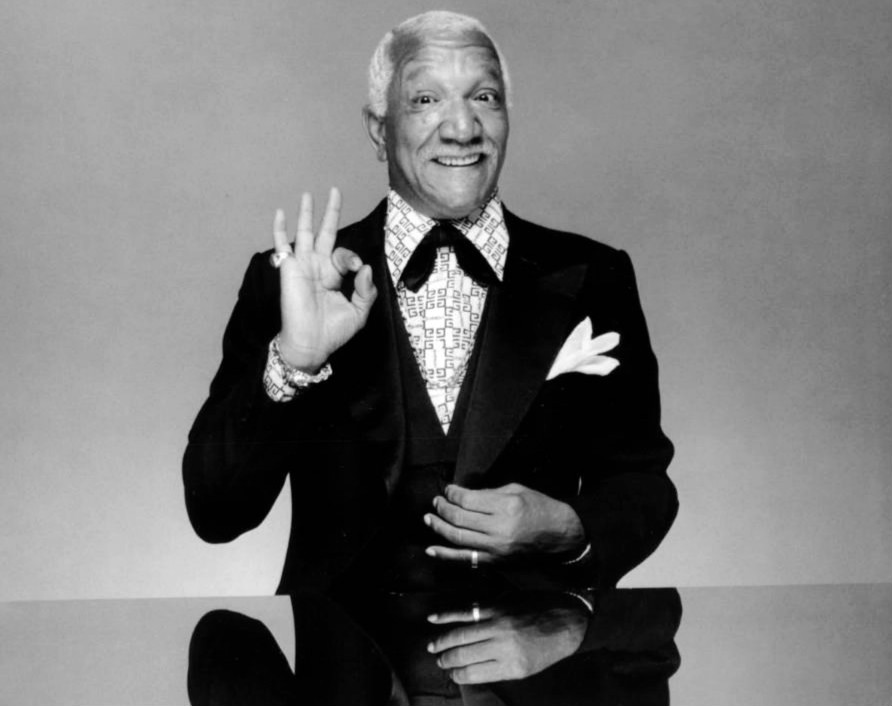
Fred Sanford’s favorite insult was blunt and delivered with perfect comedic timing. “You big dummy!” was hilarious because of the relationship between Fred and Lamont—it was familiar, not cruel. But modern audiences don’t always separate context from content. In today’s cultural climate, mocking someone’s intelligence is a slippery slope, especially in entertainment.
Whether in the classroom, on the job, or in families, phrases like this are no longer just brushed off. They’re called out for what they can contribute to—bullying, low self-esteem, or toxic dynamics. It’s not that humor can’t have an edge, but it needs a purpose beyond the jab. And unfortunately for Fred, this phrase doesn’t pass today’s standards of respect.
11. “Nanu nanu!” Feels Too Weird for Today

Robin Williams brought “Nanu nanu!” to life as Mork from Ork, a whimsical alien trying to understand Earth. The phrase was harmless and silly—perfect for a character that celebrated imagination. But in an era where humor leans more into dry wit or snark, this kind of whimsical greeting feels out of place. It’s too quirky, too innocent, and not ironic enough for modern tastes.
While there’s nothing offensive about “Nanu nanu,” its oddity makes it feel like an inside joke from another planet. Shows today rarely allow that kind of pure silliness unless it’s part of a deliberate retro aesthetic. Williams’ genius carried the phrase, but in anyone else’s hands, it might sound like gibberish.
12. “Well, isn’t that special?” Might Offend the Sarcasm Police

Dana Carvey’s Church Lady character on SNL wielded this phrase with laser-like sarcasm. It was sharp, judgmental, and absolutely hysterical in its time. But sarcasm has become a touchy area in comedy. What one person sees as dry humor, another might view as shaming or hostile. Tone is everything, and this phrase drips with judgment.
Today’s audiences are more aware of the subtle ways sarcasm can mask contempt or mockery. While the Church Lady’s bite was part of her charm, the line could now come off as condescending rather than clever. In a world that values emotional intelligence and kindness, “Well, isn’t that special?” might be one snark too far.
13. “Here come da judge!” Might Be Seen as Stereotyping
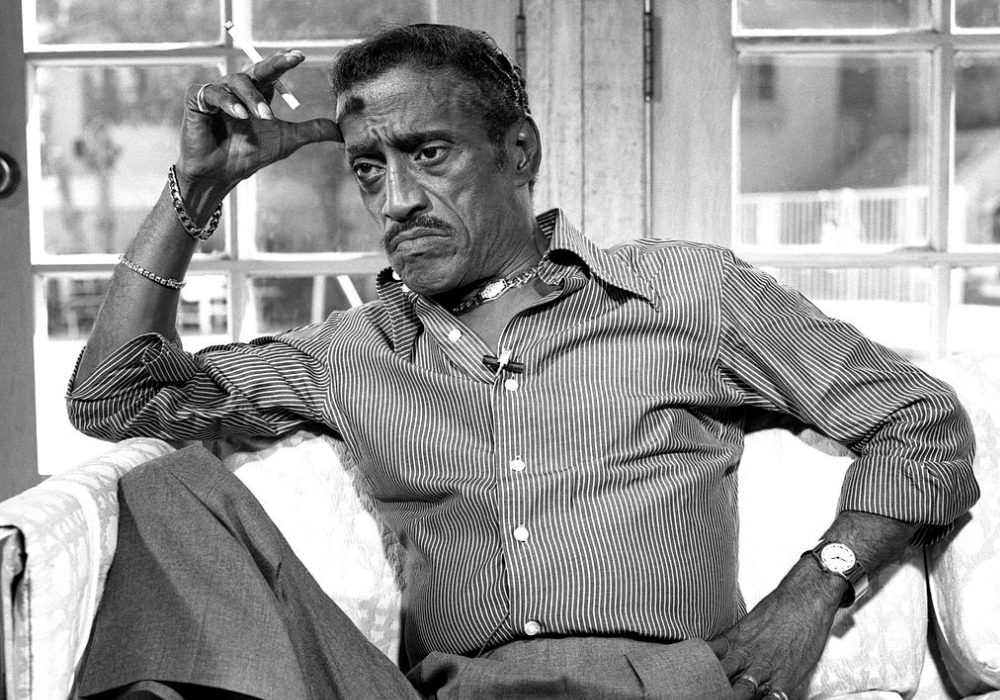
Laugh-In brought this phrase to fame with energy and rhythm, but it also relied on a stylized portrayal of a Black judge that could be critiqued today. What once felt empowering—seeing a Black man in a position of authority—might now raise questions about whether the depiction leaned too heavily on caricature.
Comedy has moved toward more nuanced portrayals of race and power. Even when intended as celebration, over-the-top delivery can cross into mockery. “Here come da judge!” might still get a laugh, but it would also prompt conversations about what’s funny—and what’s not—when it comes to race.
14. “Book ’em, Danno!” Wouldn’t Be Taken Seriously
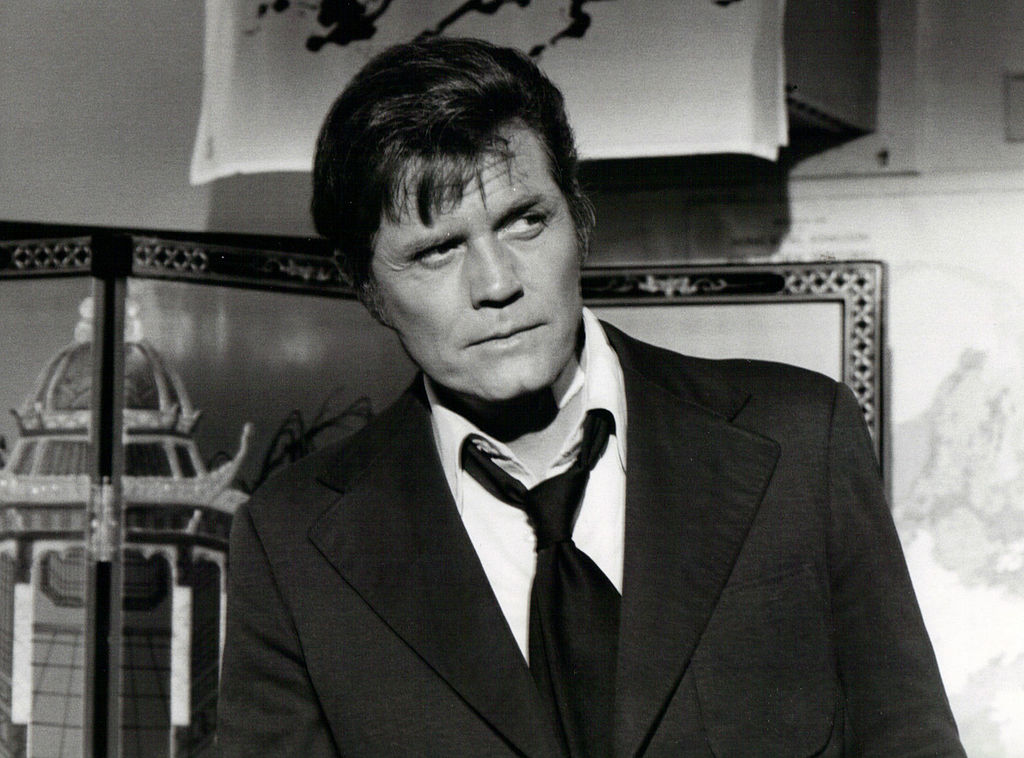
This iconic line from Hawaii Five-O was meant to punctuate the capture of a criminal. It was punchy, final, and cool. But in a world where police procedures are under intense scrutiny, and real-life justice is anything but simple, the line feels a bit naive. “Book ’em, Danno!” doesn’t reflect the complexity or seriousness of today’s legal system.
Audiences now expect realism in crime shows. Catchphrases like this can seem flippant, or worse, dismissive of real societal issues. What was once a satisfying conclusion now sounds like a relic from a more innocent, less informed time in TV history.
